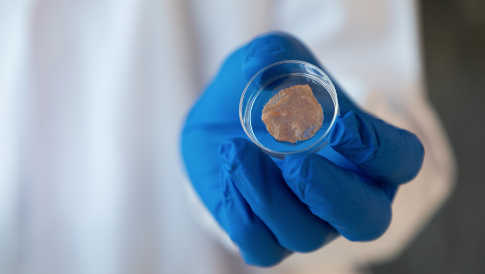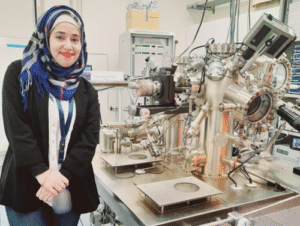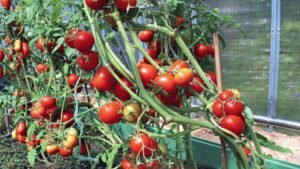Sunday, 19 October 2025
Singapore develops plant-based cell culture scaffold for cheaper, sustainable cultured meat
The edible scaffolds can be 3D-printed using widely available plant prolamins A research team from the National University of Singapore (NUS) has successfully used common plant proteins to 3D-print an…

The edible scaffolds can be 3D-printed using widely available plant prolamins
A research team from the National University of Singapore (NUS) has successfully used common plant proteins to 3D-print an edible cell culture scaffold, allowing more affordable and sustainable lab-grown meat to be served on the table.
Prolamins are a family of plant storage proteins that, due to their specific amino acid profile, have low nutritional value. In fact, prolamins are generated as waste in the starch and vegetable oil industries. Nevertheless, Professor Huang Dejian, Deputy Head of the NUS Department of Food Science and Technology, and his team leveraged these characteristics of prolamins to come up with an affordable and sustainable resource for meat culture.
Prof Huang and his team are actively working on refining the plant protein-based technology. For instance, more studies are needed to better determine how the particular structure and composition of the prolamin constructs might impact the growth of animal stem cells and how they form muscle tissue.
“Moreover, we need to ensure the resulting meat products are market-ready, with safety profiles that will satisfy rigorous regulatory demands and nutritional compositions that will fulfil recommended dietary needs,” says Prof Huang. “Of course, they need to be appetising, too. Flavour, aroma and texture need to be carefully calibrated to compete with traditionally farmed meat products.”
Technology
Julius Meinl introduces industrially compostable capsules
Oct 17, 2025 | Beverages
Engineering Nutrition: Marico’s R&D Push to Redefine Everyday Wellness
Oct 17, 2025 | Food
Quantum leap to tackle Australian food security and student wellbeing
Oct 16, 2025 | Australia
Food Testing
ADM advances quality capabilities with opening of new Central Milling Laboratory
Oct 16, 2025 | Company News
South Australia now tomato virus free
Oct 13, 2025 | Australia
Inside Agilent’s Strategy to Make India Global Benchmark in Food Testing
Oct 10, 2025 | Food Safety and Testing
More Popular
South Africa’s Premier Group to acquire RFG Holdings
Oct 17, 2025 | Africa
Julius Meinl introduces industrially compostable capsules
Oct 17, 2025 | Beverages
Nestlé accelerates growth strategy with RIG-led investments and cost optimisation plans
Oct 17, 2025 | Company News






